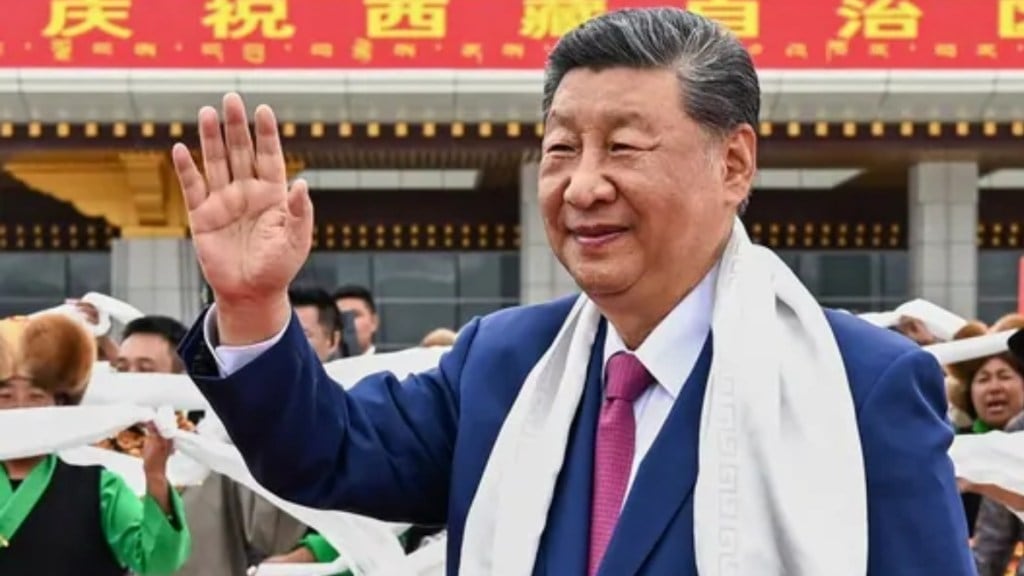China’s State Council announced a big change to its immigration rules by launching the new K visa, which will be effective from October 1. This visa is designed to bring in young foreign talent in science, technology and other STEM fields. While the United States is making it harder and far more expensive for foreign workers with President Donald Trump’s proposal of a $100,000 yearly fee for H-1B visas, China is taking the opposite approach by making entry easier for skilled youth.
For years, the H-1B visa has been the main way for highly skilled workers, especially in technology and research, to work in the US, but with Trump’s steep fee plan, many professionals from countries like India and China may find America less appealing.
In contrast, China’s new K visa removes major hurdles such as the requirement for local sponsorship and offers more flexibility in how long and in what way foreigners can work.
Until now, China’s entry-exit rules recognised twelve categories of ordinary visas, covering work, study, business and family reunions. With this amendment, a thirteenth category has been added, which is the K visa.
The law also clarifies that applicants for this visa must meet the requirements set by Chinese authorities and provide valid documents to prove their eligibility.
Who can apply for the K visa?
The new visa has been tailored for young people working or studying in science and technology. Eligible applicants include graduates in STEM fields – science, technology, engineering and mathematics, who have earned at least a bachelor’s degree from recognised universities or research institutions.
China’s K visa comes at a moment when thousands of talented professionals may look for new opportunities outside America.
Opportunities and advantages of China’s K visa
The K visa is expected to offer several benefits compared to current visa options. It will likely give people more flexibility in how long they can stay in China and how often they can enter.
A key change is that applicants will not need a local Chinese company to sponsor them, removing a big obstacle for foreign professionals. Instead, eligibility will be based on their age, education, and work experience.
